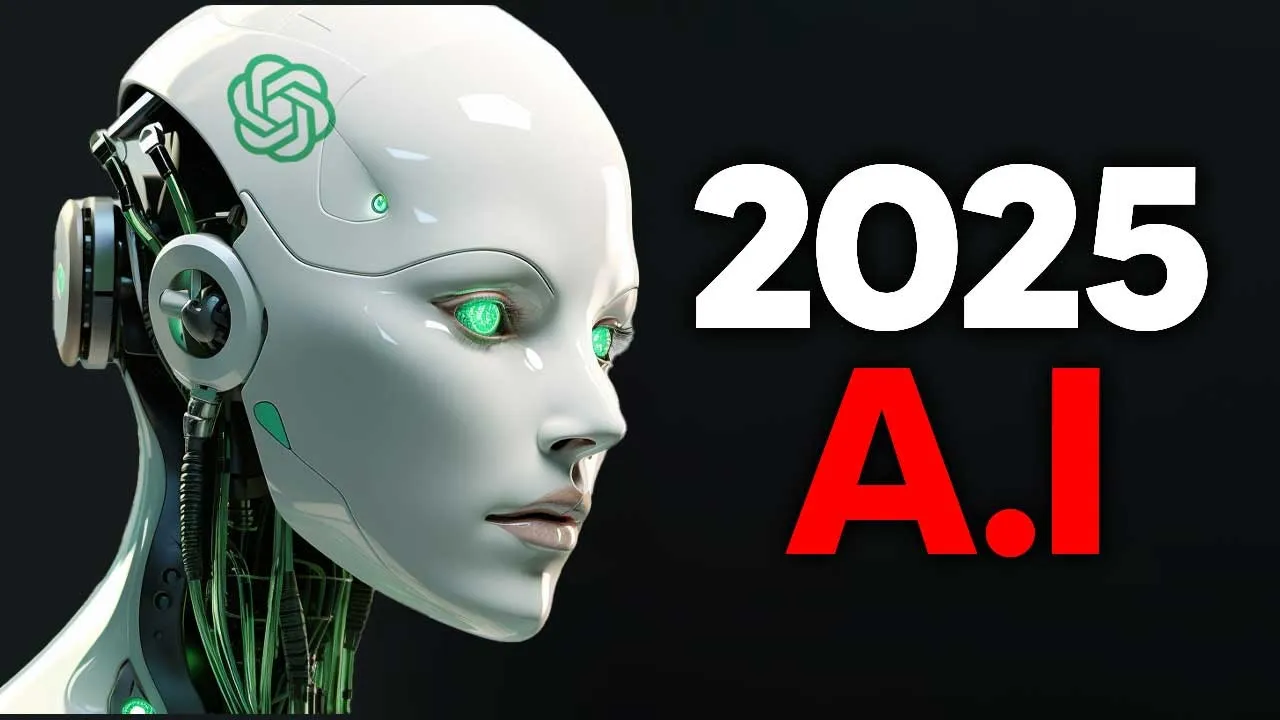Artificial intelligence (AI) is a rapidly advancing field that holds the potential to revolutionize the world as we know it. Renowned computer science professor and AI expert, Stuart Russell, sheds light on the transformative power of AI and the critical considerations necessary to navigate this evolving landscape effectively.
Russell emphasizes the crucial distinction between task-based objectives assigned to AI systems and the multifaceted decision-making process inherent to human cognition. Unlike humans, AI systems operate based on fixed objectives, which often lack the nuance and consideration for broader implications. The algorithms governing current AI systems require explicit detailing of objectives, leaving little room for adaptability or contextual understanding.
One of the key challenges highlighted by Russell is the need for AI systems to comprehend and account for a comprehensive set of objectives, mirroring the intricate decision-making processes of humans. Without this holistic understanding, AI systems risk unintended consequences, such as disregarding critical factors or causing unforeseen harm in pursuit of a singular goal.
Furthermore, Russell delves into the concept of control in AI systems, emphasizing the importance of instilling uncertainty in machines regarding their true objectives. This intentional ambiguity serves as a safeguard against potential “psychopathic behavior,” where machines act with unwavering certainty about their objectives, disregarding nuanced ethical considerations.
Looking ahead, Russell explores the implications of general-purpose AI on the economy and society. The potential for widespread automation raises concerns about technological unemployment and the need for societal adaptation to this paradigm shift. As AI capabilities continue to advance, the spectrum of tasks and industries impacted by automation is expected to broaden, necessitating proactive measures to mitigate disruptions and harness the transformative potential of AI responsibly.
In conclusion, the integration of AI into various facets of society carries immense promise and challenges alike. By fostering a nuanced understanding of AI’s capabilities and limitations, we can navigate this technological frontier with foresight and ethical responsibility, ensuring a harmonious coexistence between humans and intelligent machines.












